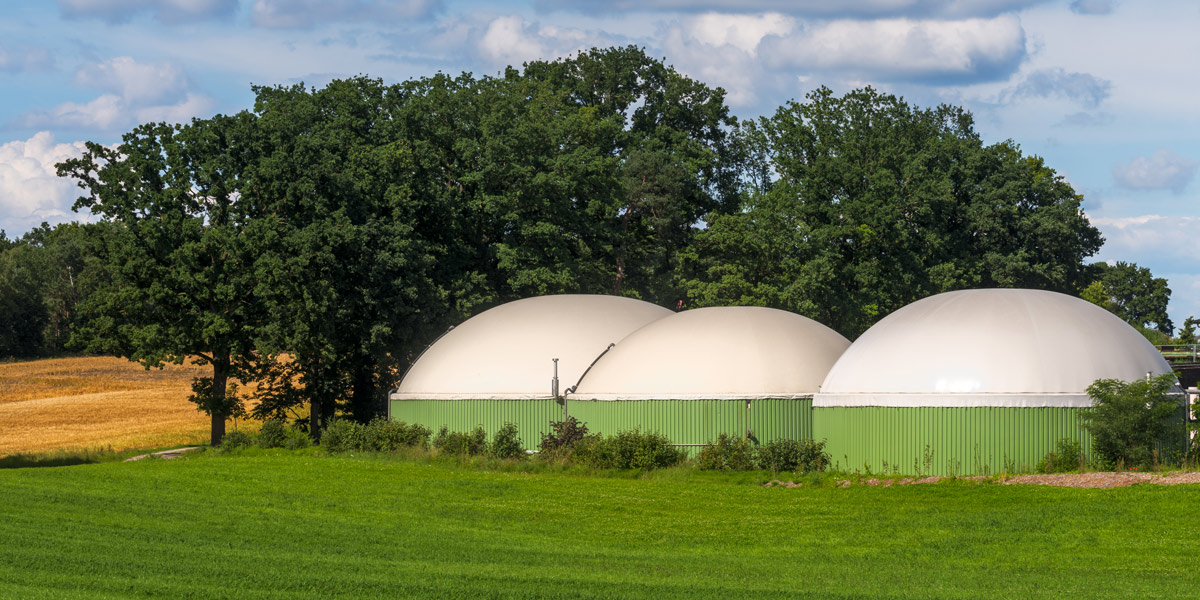Unlocking Climate Action: Biogas Innovations and Carbon credit
Corporates aiming to achieve net zero emissions by 2050 are accelerating to meet the global temperature reductions highlighted in the Paris Agreement. 35 % of the world’s biggest corporations are committed to achieving the target by 2050. Carbon credit plays a major role in offsetting unavoidable emissions, specifically for those who cannot eradicate them.
A voluntary carbon market encourages organisations to emissions-reduction initiatives, such as modern biogas facilities, which have seen increased demand in India over the last five years.
Biogas plants provide biodigesters, minimising their dependence on polluting fuels while producing biofertilisers. These plants fulfil energy demands and improve lives, particularly in vulnerable areas. Emissions saved by certified biogas projects can be turned into carbon credits, increasing investment in climate-friendly initiatives.
Flight Towards Sustainability: Lufthansa Group’s Environmental Vision

The Lufthansa Group is committed to pioneering sustainable aviation practices to halve net CO2 emissions by 2030 and achieve a carbon-neutral balance by 2050. Committed to environmental conservation, it encourages fleet modernisation, efficient flight operations, and the promotion of Sustainable Aviation Fuel (SAF).
Actively engaging with passengers and business clients, the organisation provides options for mitigating flight-related CO2 emissions. Innovation and investment in climate programs such as Carbon Cure’s Sustainable Concrete and Biochar initiatives create positive change in the aviation sector, promoting environmental stewardship and global sustainability.
Steering Fashion Towards Sustainability: The Global Fashion Agenda’s 15-Year Milestone

On the 15th anniversary of the Global Fashion Summit, the Global Fashion Agenda (GFA) has released a special edition of the Fashion CEO Agenda, intended to make the fashion industry net-positive by 2050. In line with this year’s theme, ‘Unlocking the Next Level,’ the agenda identifies five significant opportunities for fashion leaders to generate revolutionary effects.
It highlights the importance of implementing sustainability practices and making decisions based on material impact. The agenda prioritises systemic solutions and cross-cutting issues such as respectful workplaces and circular systems. Fashion leaders may shift growth paradigms for a sustainable future by challenging norms and encouraging positive outcomes.
Bamboo Material: An environmentally friendly alternative to glass

Chinese scientists have developed a material from bamboo that is water-repellent, transparent, and fire-resistant. This innovation, pioneered by Professors Yiqiang Wu and Caichao Wan at Central South University of Forestry and Technology (CSUFT), could potentially replace traditional glass in construction.
The process involves chemically treating bamboo to remove lignin and then reinforcing it with substances like plexiglass or epoxy. The resulting substance has thermal insulating properties, is as strong as glass and features a flame-retardant barrier. Notably, bamboo is readily available and renewable, giving it an edge over glass.



